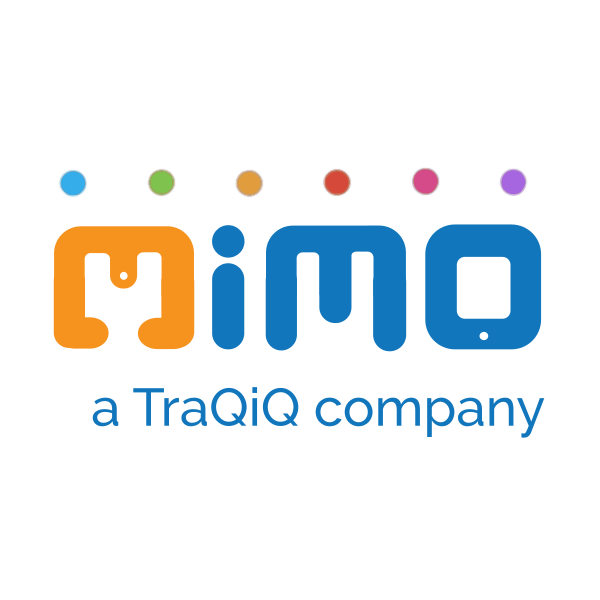
Are you wondering how to scale vendor management or supply chain security? Then, you are on the right page!
Vendor management is the primary process that helps improve a company’s performance. They can take vital steps to minimise potential threats or even control costs while providing fantastic service and value in the long run. Conversely, supply chain security is a leading element of any supply chain management system that focuses on managing external risks, including transportation suppliers, vendors, and logistics. The primary objective here is to detect and reduce the hazards of working with other companies.
The Basics of Vendor Management
Vendor management is ideally a process that empowers a company to make appropriate decisions for controlling expenses, reducing potential risks, and ensuring the best service delivery. The aim is to deliver value from vendors in the long run. It includes researching the perfect vendors, obtaining and sourcing pricing information, and managing relationships in the case of different vendors while evaluating the performance by setting the standards in the organisation.
The benefits of perfect vendor management
Proper Selection
By implementing the best possible vendor management, the company can benefit as they can select vendors that gives them better choices and, of course, better prices, ensuring you get the maximum value for your money.
Good Contract Management
If you have several vendors and lack vendor management, there will be many issues with managing contract documentation or other information in the company. By implementing perfect vendor management, your company can benefit from a complete view of the status of all the contracts. It will allow improved decision-making and save time.
Better Relationship with the Vendor
It is challenging to manage different vendors simultaneously, and some vendors might be flexible while others are not. To strive in the competitive market, you must control the vendors’ relationship. By having all the information related to the vendor in one place, you can use this to influence your decision-making process.
Get Better Value
The end goal of a vendor management system is to get the maximum value for your money, so when you implement a vendor management system, you can have long-term savings and better earnings over time.
The Vendor Management Process
Vendor management is essential, the company needs to plan and execute a process to guide how they will get going with the vendors; it will take a while to establish a vendor management process. You need to consider
Identification Of Business Objectives
Identifying and establishing business objectives is essential before the vendor management process starts. It helps understand the requirements of all departments and prevents errors.
Have a vendor management team
Once the business objectives are recognised, the next step is to understand who will be a part of the vendor management team. It would be best if you had a centralised team skilled in understanding the business objectives and choosing the relevant vendors while negotiating the process and periodically assessing the performance. The team is essential as they will act as a link between the business unit and the vendors.
Create a database for all the information related to the vendor
Once the business objectives are clear and the vendor management team is up and running, you need to build an updated database.
Identify the selection criteria for all your vendors.
Once you have all the information related to the vendor, you need to choose the criteria on which you will select vendors. The significant criterion here is cost, but companies today include other measures to determine which vendor best suits their requirements.
Evaluation and selection of vendors
The Selection of vendors need to be evaluated at this stage. If the bidding process is applicable, the proposal submitted needs to be assessed thoroughly to understand the pricing structure, work scope, and how the requirements would be met besides the terms and conditions. It will ensure that an organisation is deriving the most from the vendor.
Develop contracts and finalise vendor:
It is the right time to complete the contracting process and get the vendor on board.
Use best practices to improve your vendor management strategy
You have a great vendor management process according to your organisation. Still, vendor management is not a one-time process because you must implement techniques to make the most of your vendor management process.
Convey The Expectations Well
While engaging with vendors, defining the organisation’s business objectives is essential. Let your vendors know your current and future requirements and how they can align with your company’s objectives.
Ensure That You Set Deadlines That Are Realistic And Achievable
Considering the objectives and expectations, you need to set deadlines that the vendors can quickly meet. Setting impossible deadlines impedes your vendor’s performance and value creation but also enhances the risk and prevents meaningful collaboration that prevents long-term relationships.
Collaboration is essential because just negotiating with the vendors about performance and pricing leads to the completion of a transaction. Long-term collaboration allows vendors and enterprises to brainstorm innovative ideas.
Assess The Vendor Risk to Enable Its Minimisation
Assessing the vendor risk is one of the major techniques as it helps minimise potential issues. Vendor management has different risks, including payment and financial operational compliance. You need to identify all vendor-related dangers at every step. In addition, the threats that they pose are increasing continuously, so ensure you’re monitoring and controlling things at your end.
Tips For Building A Better Supply Chain:
A Long-Lasting Connection Between Internal and External Vendors:
Create perfect edge connection points between external and internal vendor environments. All companies have ingress and egress points with different applications externally. When new services or vendors are procured, you need to access control lists to accommodate the new information stream, which might present an opportunity to record a simple command. The early stages of an incident are often frustrating and challenging for all parties. Empowering information security and information technology generally go hand in hand. One of the essential elements of incident response is containment. Some vendors will prevent the external party from acting in the company’s best interest.
Maintain A Vendor Inventory With Points of Contract
A perfect repository of centralised vendors with crucial points of contract for the account or service level agreements is an excellent asset in the event of an attack or breach. The repository allows rapid communication with perfect vendor parties to maintain clear communication so you can easily share updates and solve critical queries. Having service level agreements related to system downtime and system support is instrumental in ensuring the vendor is furnishing the agreed-on service as promised.
Vendor management in today’s world plays a crucial role. Intricate software supply chains incorporate many suspect abilities into the environment. You can modify the impact of security incidents and minimise the risk of any such event in the third-party vendor relationship. Commend the process of scaling vendor management best practices for ensuring your vendors provide significant value to your clients.
These strategies can scale your vendor management and supply chain security.

Article by Keshav Gupta
Keshave is an experienced content writer skilled in researching, writing, and publishing compelling content. Results-driven and adept in driving the production of meaningful and original content for various media platforms and clients.
Visit https://mimoiq.com/ for more expertise from Keshav and the team.
